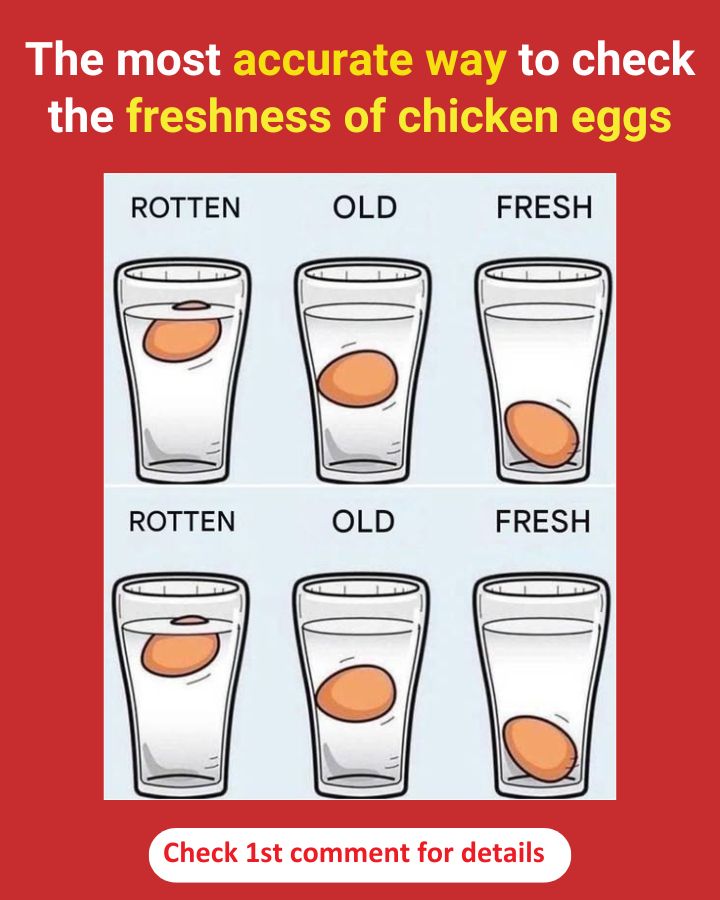
How to Tell If Your Eggs Are Fresh: A Complete Guide
Eggs are one of the most flexible and essential ingredients in any kitchen. Whether whipping up a quick breakfast or baking a cake, eggs are often the foundation of countless recipes. However, the freshness of eggs can significantly affect how your dish turns out.
So, how can you tell if the eggs sitting in your fridge are still good? Luckily, there are a few tried-and-true methods to determine whether your eggs are still safe and fresh. From simple tricks to science-backed techniques, this guide breaks down the best ways to check the freshness of chicken eggs.
Why Egg Freshness Is Important
Before diving into methods, it’s key to understand why egg freshness matters. Fresh eggs taste better, have a firmer texture, and perform better in recipes. As eggs age, their whites become thinner, and the yolks flatten, which can negatively impact both appearance and texture.
Older eggs may be fine for hard-boiling, but for recipes like poached eggs or soufflés that depend on structure, fresh eggs are best. Also, older eggs might have a stronger sulfur-like smell, making them less pleasant to work with.
The Most Reliable Method: The Water Test
Among all the methods for testing egg freshness, the water float test stands out as the most accurate and widely used. It’s easy to do at home and relies on how buoyant an egg becomes as it ages.
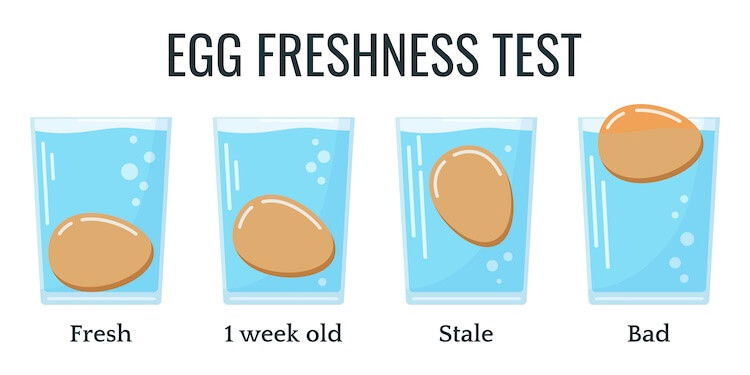
How to Do the Water Float Test:
1. Fill a Bowl with Cold Water
Use a deep bowl and fill it with cold water.
2. Place the Eggs Gently in the Bowl
One by one, add your eggs into the water.
3. Watch How They Behave
- Fresh eggs will sink and lie flat on the bottom.
- Slightly older eggs will stand upright but still stay at the bottom.
- Spoiled eggs will float to the surface and should be discarded.
Why It Works:
As eggs age, air seeps in through the porous shell, increasing the size of the air cell inside. The larger the air pocket, the more the egg floats. This method uses the natural change in buoyancy to help you gauge an egg’s age.
Note: While floating usually signals spoilage, it’s still smart to crack the egg open and check for smell or unusual appearance if in doubt.
Other Simple Ways to Check for Freshness
Though the float test is the most accurate, there are a few other quick checks you can use:
The Smell (Sniff) Test
The easiest and most obvious method: a bad egg smells bad. A rotten egg has a strong, foul odor, often likened to sulfur.
To do this test:
1. Crack the egg into a bowl.
2. Take a quick sniff. If it smells off or sour, toss it immediately. A fresh egg has no noticeable smell.

The Shake Test
Hold the egg up to your ear and gently shake it.
- If you don’t hear anything, the egg is likely fresh.
- If you hear sloshing, it’s a sign the inside has become watery over time, indicating it’s older.
White or brown eggs? Learn which one to choose.
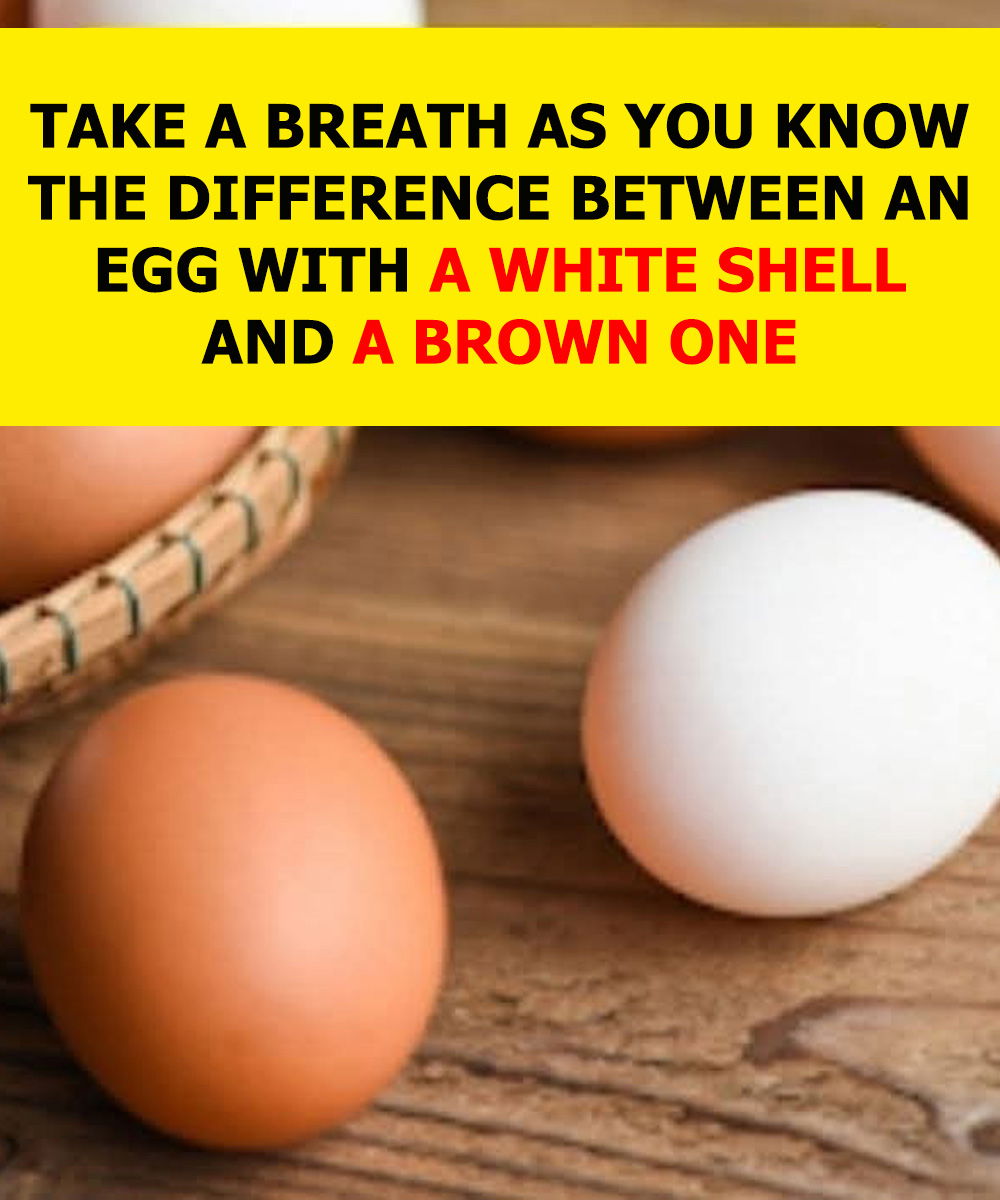
Eggs are an essential food in many diets around the world. Used in breakfasts, lunches, and desserts, they are an excellent source of protein and essential nutrients. But what is the difference between brown eggs and white eggs? In this article, we analyze their characteristics to help you choose the best one for you.
Differences between brown eggs and white eggs
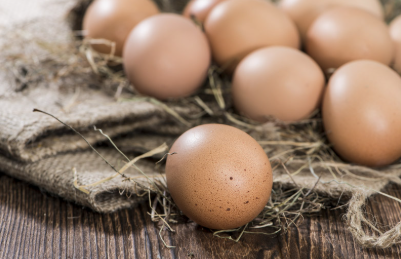
Shell color
The most notable difference is the color. White eggs come from hens with white feathers and white earlobes, while brown eggs are laid by hens with brown or reddish feathers and red earlobes.
Nutritional value
Despite popular belief, brown and white eggs have similar nutritional compositions. Both contain equivalent amounts of protein, fat, vitamins, and minerals. Egg quality is more influenced by the hen’s diet and environment than by shell color.
Are brown eggs healthier?
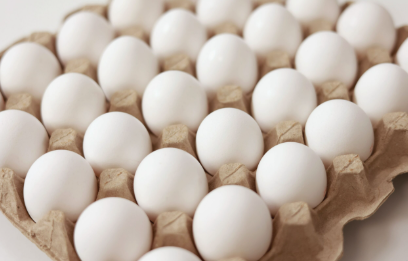
Not necessarily. Many people associate brown eggs with a more natural or organic diet, but this isn’t always true. Egg quality depends on the animal’s well-being and diet, not on the color of the shell.
Shell Thickness
Brown eggs tend to have thicker shells because the hens that produce them are larger breeds and require more calcium. Although this difference is slight, it can make brown eggs more resistant to breakage.
Market Price
Brown eggs are usually more expensive because the hens that lay them require more feed. This increases the production cost and, consequently, the final price.
Which Egg Should You Choose?
The choice between brown and white eggs is a matter of preference. Both have the same nutritional value, and the key is to choose eggs from hens raised in good conditions. If you’re looking for quality eggs, opt for those from organic or free-range hens.
Conclusion
There isn’t a big difference between brown and white eggs in terms of quality and flavor. The important thing is to know the origin of the product and choose those with the best aging conditions. Now that you know more about them, you can make an informed decision on your next purchase.
Share this information if you found it helpful and subscribe for more healthy eating tips!




















